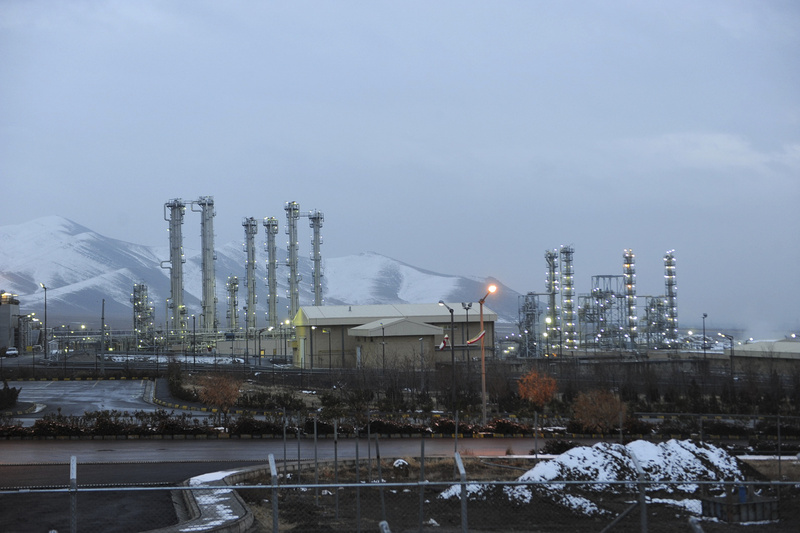It has been called “the most sophisticated cyberweapon ever created,” and new reports coming out about the Stuxnet virus say that although it didn’t stop Iran’s efforts to build a nuclear weapon, it may have set back progress by several years, buying valuable time to halt the program without using military force.
Even more interesting, the virus is now said to have been a joint production of both U.S. and Israeli security agencies. The United States reportedly contributed knowledge of the vulnerabilities of the Siemens computers used by Iran, and Israel tested the virus on the centrifuges it uses to enrich uranium to produce its own substantial nuclear arsenal.
Whether these reports are confirmed or not, there seems little question that the virus has given Iran’s nuclear production program fits. According to descriptions of its effects, the virus not only caused nearly a thousand Iranian centrifuges to self-destruct, it sent false messages of normal operations to controllers so they wouldn’t interfere until the virus had done the maximum amout of damage.
In addition, it contained numerous self-replication features that allowed it to enter “clean” computers as soon as they were linked to “infected” ones, so that it could continue to operate even though controllers thought it had been removed.
What all this means is that the judicious application of cyberwarfare – computer conflict, if you will – may have reduced the chance that actual bombs may be dropped or real missiles fired in anger.
The delays apparently imposed on Iran may give international sanctions and other diplomatic options a larger opportunity to work. In addition, it could give those in Iran who oppose the current government more time to have an effect on the regime.
Of course, no such technique is limited to a given group or a fixed set of targets. The same techniques can be unleashed on any computer for any purpose, including the computers that oversee U.S. and Israeli defenses. The only advantage the creators of Stuxnet have is the opportunity to block the avenues their own program used to neutralize the Iranian machines.
Such defenses are just as important as the virus when it comes to gaining advantages over potential aggressors.
This time, at least, it worked.
Send questions/comments to the editors.



Comments are no longer available on this story